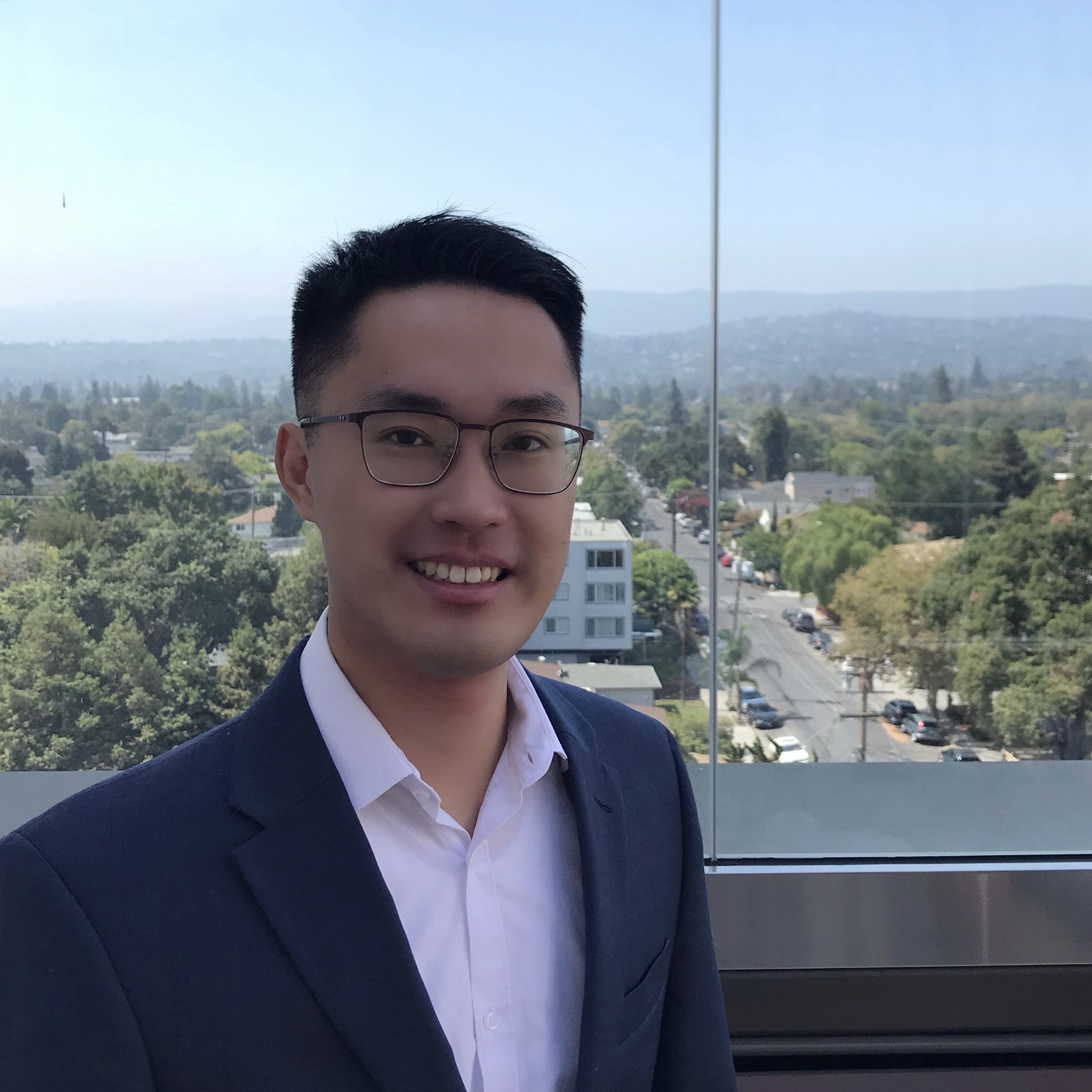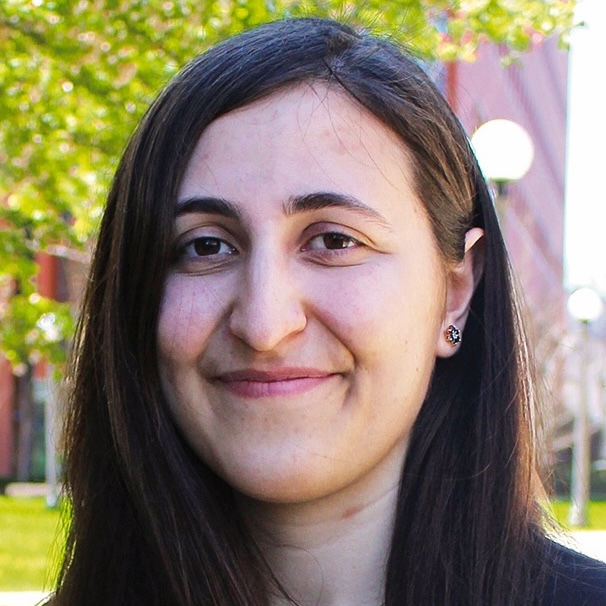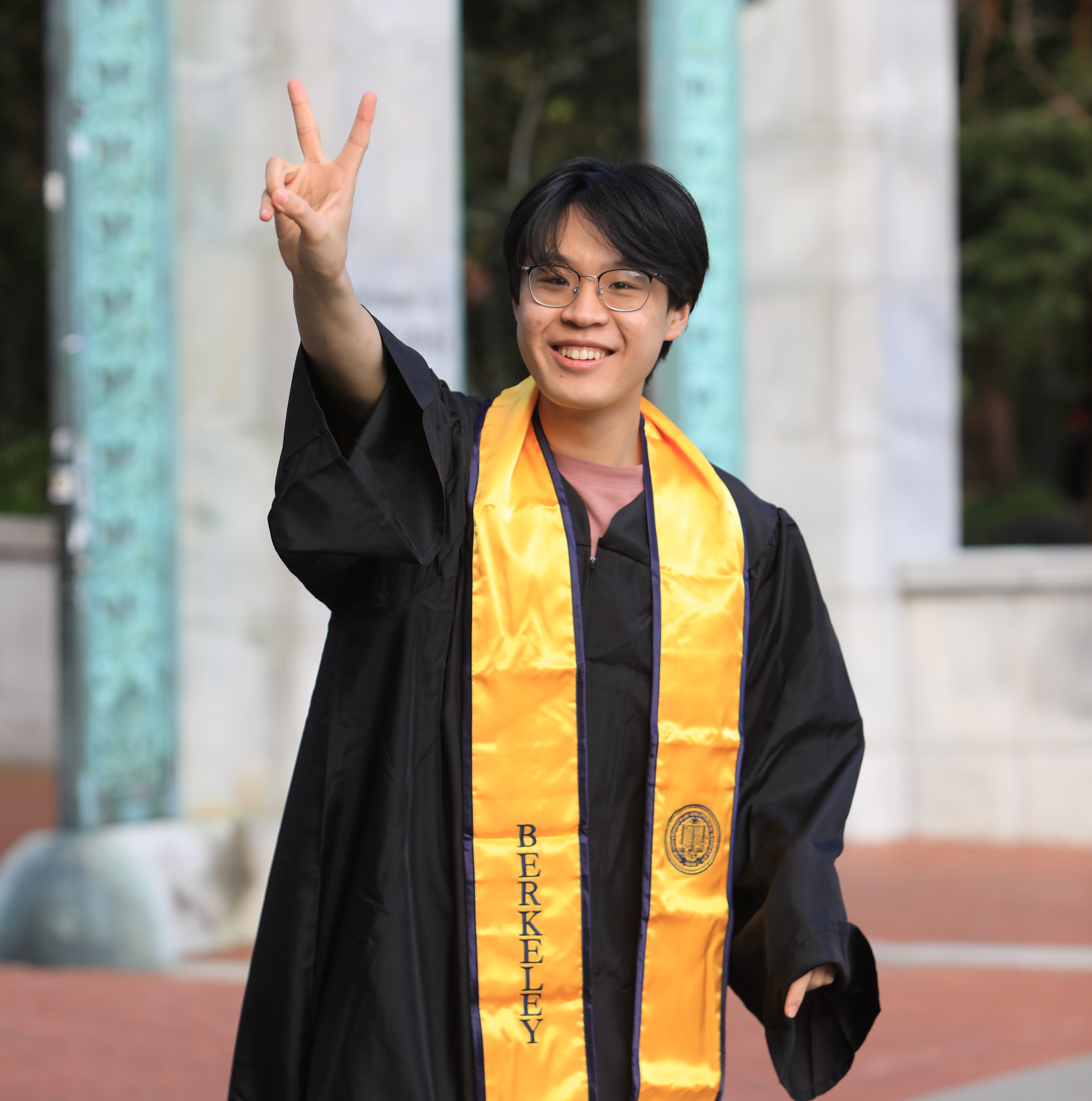News
- Accepted papers are now available at OpenReview: https://openreview.net/group?id=ICML.cc/2024/Workshop/FM-Wild#tab-accept-poster. There are 92 poster papers and 3 oral papers!
- Big thanks to Foundry, an incredible AI/computing startup that aims to orchestrate the world's compute, for generously providing $10,000 in Foundry credits distributed as four prizes for this workshop!
- We will announce three prizes for outstanding papers, and one for an outstanding reviewer!
Overview
In the era of AI-driven transformations, foundation models (FMs), like large-scale language and vision models, have become pivotal in various applications, from natural language processing to computer vision. These models, with their immense capabilities, reshape the future of scientific research and the broader human society, but also introduce challenges in their in-the-wild deployments. The Workshop on FMs in the wild delves into the urgent need for these models to be useful when applied to our societies. The significance of this topic cannot be overstated, as the real-world implications of these models impact everything from daily information access to critical decision-making in fields like medicine and finance. Stakeholders, from developers to end-users, care deeply about this because the successful integration of FMs into in-the-wild frameworks necessitates a careful consideration of adaptivity, reliability and efficiency. Some of the fundamental questions that this workshop aims to address are:
- Real-world Adaptation: In practical applications, how can we leverage the comprehensive knowledge in FMs to adapt them for specific domains, such as drug discovery, education, or clinical health?
- Reliability and Responsibility: How can foundation models work reliably outside their training distribution? And how can we address issues like hallucination and privacy?
- Safety, Ethics, and Fairness in Society: How do we ensure that the deployment of FMs preserving safety, ethics, and fairness within society, safeguarding against biases and unethical use?
- Practical Limitations in Deployment: How can FMs tackle challenges in practical applications, such as system constraints, computational costs, data acquisition barriers, response time demands?
Call for Papers
We invite submissions from researchers in the fields of machine learning pertaining to foundation models and its in-the wild applications. Additionally, we welcome contributions from scholars in the natural sciences (such as physics, chemistry, and biology) and social sciences (including pedagogy and sociology) that necessitate the use of foundation models. In summary, our topics of interest include, but are not limited to:
- Theoretical foundations of FMs in the wild
- Empirical investigations into the in-the-wild deployments of various FMs
- In-depth discussions exploring new applications of FMs in human society
- Interventions during pre-training to enhance the downstream performance of FMs
- Innovations in fine-tuning processes to bolster the adaptation of FMs to particular domains
- Discussions on aligning models with potentially superhuman capabilities to human values
- Advancements in the efficient fine-tuning and deployment of FMs to specific applications
- Benchmark methodologies for assessing FMs in real-world settings
- Issues of adaptivity, reliability and efficiency of FMs in broad applications
For any questions, please contact us at fmwild2024@googlegroups.com.
Important Dates
Submission deadline: June 7, 2024, AOE (EXTENDED)
Notification to authors: July 3, 2024, AOE (EXTENDED)
Camera-ready deadline: July 17, 2024, AOE (EXTENDED)
Workshop Data: July 26, 2024, AOE
Schedule
This is the tentative schedule of the workshop. All slots are provided in Central European Summer Time (CEST).
Morning Session
| 08:50 - 09:00 | Introduction and opening remarks |
| 09:00 - 09:30 | Invited Talk 1: Dakuo Wang |
| 09:30 - 10:00 | Invited Talk 2: David Alvarez-Melis |
| 10:00 - 10:15 | Oral Presentation 1: Parameter-Efficient Quantized MoE Meets Vision-Language Instruction Tuning for Semiconductor Electron Micrograph Analysis |
| 10:15 - 11:15 | Poster Session 1 |
| 11:15 - 11:45 | Invited Talk 3: Boran Han |
| 11:45 - 12:00 | Oral Presentation 2: RouteFinder: Towards Foundation Models for Vehicle Routing Problems |
| 12:00 - 12:30 | Invited Talk 4: Hannah Kerner |
| 12:30 - 13:30 | Break |
Afternoon Session
| 13:30 - 13:45 | UK AI Safety Institute: Empirically Assessing AI's Risks & Advancing Systemic Safety |
| 13:45 - 14:00 | Oral Presentation 3: DigiRL: Training In-The-Wild Device-Control Agents with Autonomous Reinforcement Learning |
| 14:00 - 14:30 | Invited Talk 5: Steven Wu |
| 14:30 - 15:30 | Poster Session 2 |
| 15:30 - 16:00 | Invited Talk 6: Pang Wei Koh |
| 16:00 - 16:30 | Invited Talk 7: Jimeng Sun |
| 16:30 - 17:00 | Invited Talk 8: Sheng Wang |




















